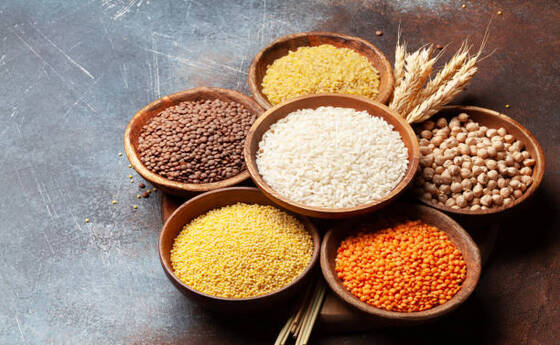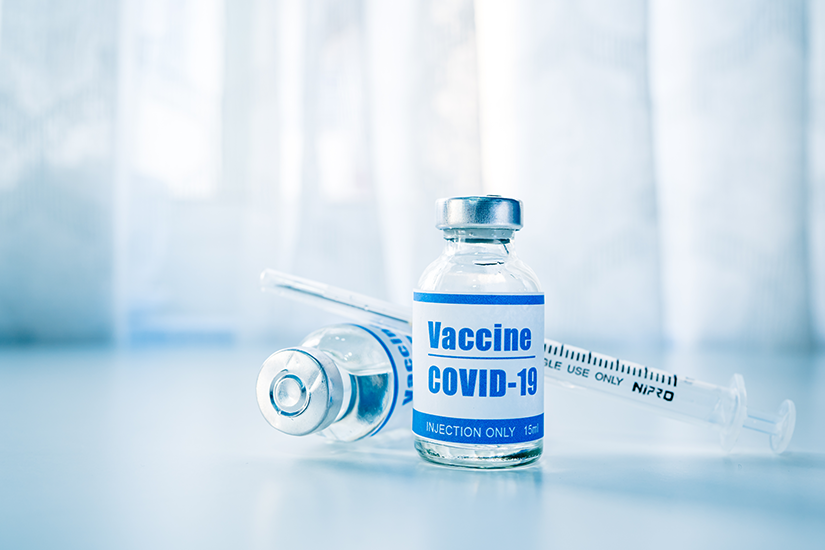- Emergency Ambulance Services
- 8606811111
- 0471-4077777, 0471-7177888
- gro@sutpattom.com
Grainy Grains With A Bit Of Heft
Anu Mathew, Dietician, SUT Hospital, Pattom
2023 has been designated as the International Year of Small Grains or Millet by the United Nations, following India’s suggestion..
Millets, referred to as small grains, are abundant with nutrients. These are native grains, which are harvested and eaten widely in India and come in a variety of kinds, such as Bajra, Maize, Ragi, Little millet, Foxtail Millet, Proso Millet, and Barnyard Millet.
Millets are widely considered to be a super food and are packed with essential vitamins and minerals such as vitamin C, iron, zinc, potassium, and magnesium. They also contain plenty of dietary fiber, making them a great addition to one’s daily diet for improved immunity and protection against lifestyle diseases.
The carbohydrates found in millets have been identified as an appropriate food option for those who suffer from diabetes because they break down and release glucose into the bloodstream at a slower rate. Additionally, dietary fibers reduce cholesterol levels in the blood. Individuals who eat millet regularly have a lower chance of experiencing heart-related issues. Constipation and ulcers in the small intestine also occur less frequently. Millet is an ideal diet for fighting obesity and shedding pounds, as it has a high fiber content and a type of starch that digests slowly.
Millets are an excellent option for individuals with celiac disease, allergies, and digestive issues as they are gluten free. For example, millets are a helpful grain. They are a dietary staple for people with rheumatism, since they are abundant in calcium and minerals, which help to fortify bones and reduce inflammation. As a grain rich in vitamin B, it helps individuals with Parkinson’s and Alzheimer’s disease in boosting their brain functions. Moreover, the polyphenol antioxidants found in millets play a role in sustaining brain health by reducing the oxidative pressure on the brain. For example, Proso Millet and Barnyard Millet both offer nutritional value and are tasty to eat, with no digestive issues associated with their consumption. Moreover, pregnant women, nursing mothers, and even babies can all include small grains in their meals. Millets are an excellent source of energy, protein, antioxidants, calcium, fiber, zinc, magnesium, copper, and vitamin B-complex. All these nutrients are essential for preventing anemia, which is an important aspect to keep in mind when considering the health of pregnant women, as it affects the future generations.
Whole grain foods are a great way to promote good health and assist in treating various chronic conditions. These foods are beneficial for those suffering from diabetes, cardiovascular conditions, cancer, and digestive ailments as they provide nourishment to the body.
As the current era is continually striving for evolution and modernization, instead of insisting that we go back to the traditional food system, it’s important to focus on enhancing the existing food system and exploring what changes can be implemented. We should think about incorporating all types of grains into our everyday meals and presenting them in a manner that will appeal to the younger generation.
Consumers, farmers, and the environment alike all benefit from the cultivation of small grains. Whole grains provide a nutritious and balanced diet, and require less water for cultivation, allowing them to be grown organically. This in turn increases both food and agricultural diversity.
As we celebrate 2023 as the International Year of Small Grains, organizations, institutions and each one of us should come together to make this a stride towards a secure, stable, and healthy future.









